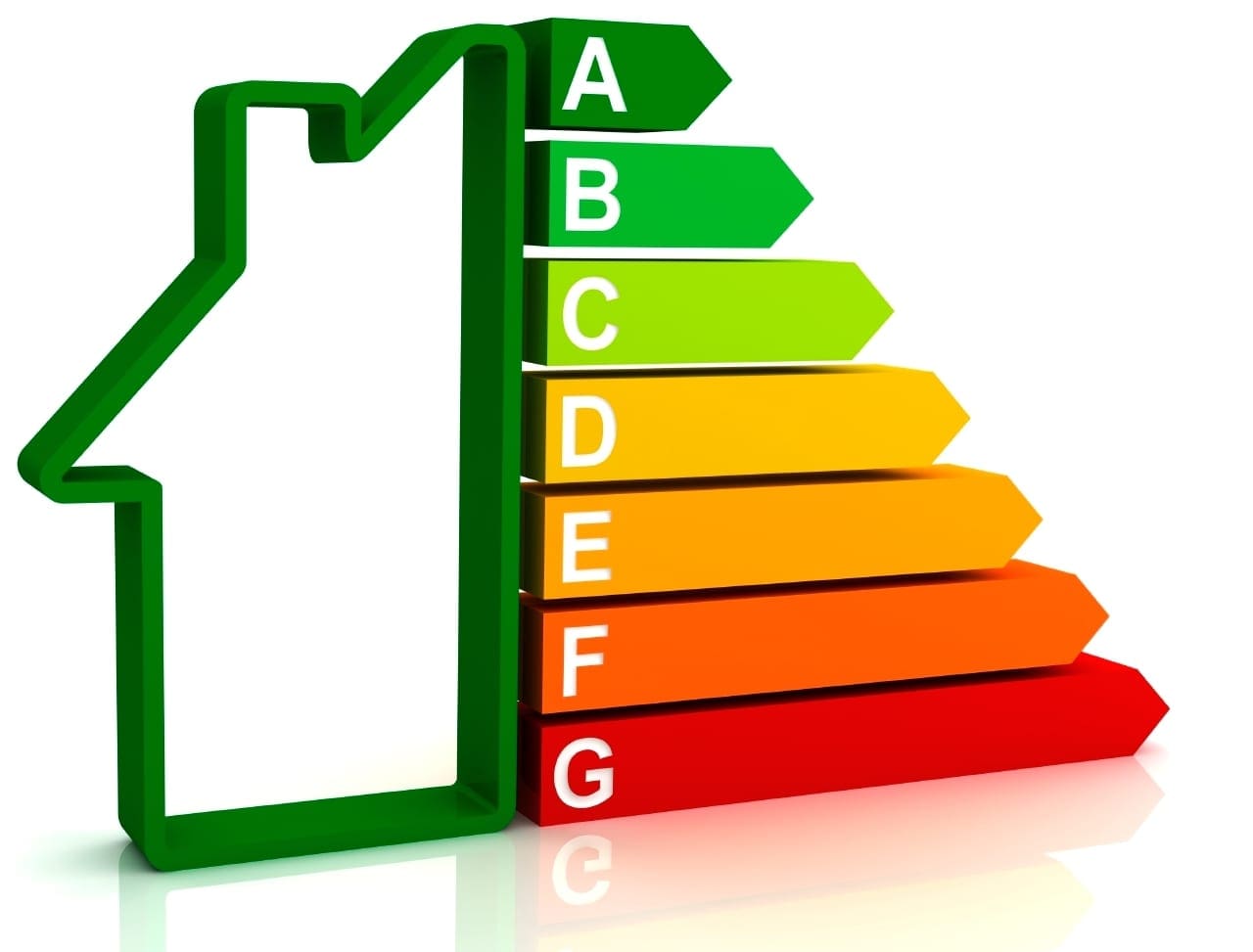Contact our offices
Main office
COLBURN
5 & 6 BAILEY COURT
COLBURN BUSINESS PARK
RICHMOND
NORTH YORKSHIRE
DL9 4QL
Estate Agency Offices are located in
BARNARD CASTLE, BOROUGHBRIDGE & RICHMOND
Residential Management Team
Our Offices
- Alnwick
01665 568310
Email Officealnwick@gscgrays.co.uk - Barnard Castle
01833 637000
Email Officebarnardcastle@gscgrays.co.uk - Boroughbridge
01423 590500
Email Officeboroughbridge@gscgrays.co.uk - Chester-Le-Street
0191 3039540
Email Officechester-le-street@gscgrays.co.uk - Colburn
01748 897630
Email Officecolburn@gscgrays.co.uk - Driffield
01377 337180
Email Officedriffield@gscgrays.co.uk - Hamsterley
01388 487000
Email Officehamsterley@gscgrays.co.uk - Hexham
01434 611565
Email Officehexham@gscgrays.co.uk - Kirkby Lonsdale
01524 880320
Email Officekirkbylonsdale@gscgrays.co.uk - Penrith
01768 597005
Email Officepenrith@gscgrays.co.uk

EPC Changes
Further to my previous editorial relating to the Minimum Energy Efficiency Standards (MEES) dated 4th January 2018, found at https://www.gscgrays.co.uk/2018/01/04/forthcoming-changes-to-epc-legislation/, the government have now concluded their consultation on the ‘no cost’ exemption to landlords.
It has been announced that the government is to introduce a requirement for landlords to invest in their property up to £3500 inc VAT from April 2019.
A statement from the Ministry of Housing said the new regulations would speed up the process of ensuring rental homes meet the minimum Energy Performance Certificate (EPC) rating of E.
They believe that carrying out the upgrades is expected to cost on average £1,200 and will affect 290,000 properties, which represents around 6% of the overall domestic market.
The new regulations will also remove an exemption that landlords could use where tenants refused Green Deal funding that would increase their energy bills. Landlords will instead have to fund the works up to the capped level.
The housing minister, Heather Wheeler, is reported to have said:
“This builds on our ongoing work to crack down on the small minority of rogue landlords and drive up standards in the private rented sector, including through our reviews of health and safety standards and carbon monoxide alarm requirements in the home.
“Most landlords will be unaffected by the changes as their properties are already compliant. Where upgrades are necessary, the average cost to improve an F or G rated property to a band E is expected to be around £1,200 – far below the upper ceiling being brought forward under new regulations.
“If upgrades will cost more than £3,500, landlords will be able to register for an exemption.
“The measures will come into force during 2019 and will affect around 200,000 landlords, some of whom will still have access to a variety of funding schemes.
“This includes support from the Energy Company Obligation scheme and local grants to bring their properties up to the required standard.
“These measures will help to ensure the housing and energy market works for everyone by bringing greater fairness to energy costs and making renting fair and more transparent for all.”
We would recommend that Landlords take into account what improvements could be made to their houses on an ongoing basis, as a means of spreading the costs and so that they don’t fall foul of the current E minimum standard or any future increase to this standard. Carrying out tasks such as Increasing Loft Insulation, Installing TRV’s, Thermal Jackets on Water Cylinders and Low Energy Lighting are all great, relatively low-cost ways of increasing your EPC rating.
When carrying out an EPC it is always worth asking your assessor if they believe it be a band ‘F’ or ‘G’ to initially create the report in draft and provide recommendations to any works that need to be completed that can be carried out and reassessed before the report is finalised.
Whilst the minimum ‘E’ standard currently only applies to new tenancies, including renewals and those becoming periodic, from April 2020 ALL tenancies will have to comply with the ‘E’ standard and the government are discussing increasing this to a band ‘D’ from April 2022.









